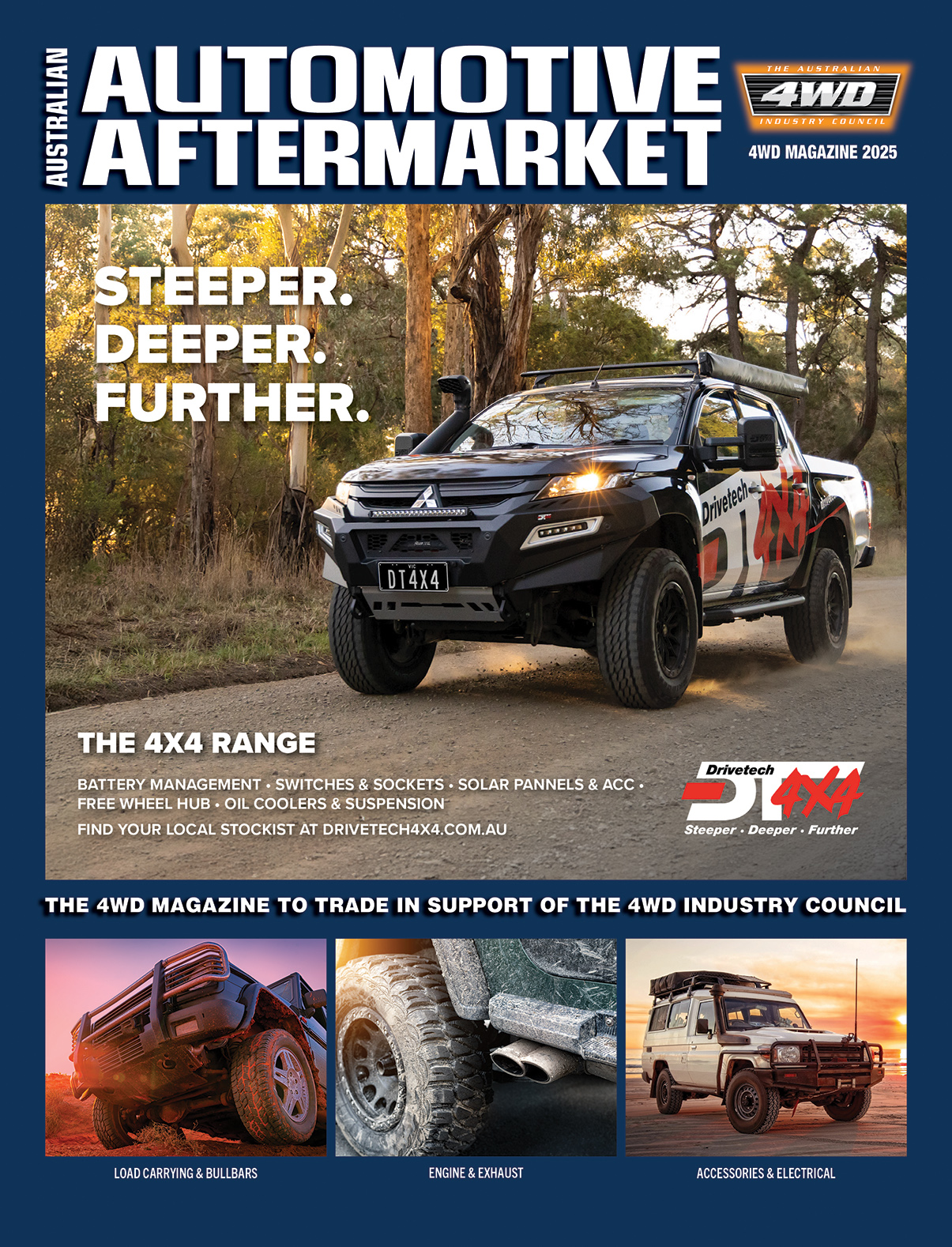WHY INDEPENDENT TECHNICIANS HOLD THE KEY TO A GREENER EV FUTURE
The Automotive Technician (TaT) takes a look at high-voltage battery SOH

As EVs and hybrids rack up kilometres in Australia, battery State of Health (SOH) is impossible to ignore.
For customers, battery life directly impacts range, resale value, and environmental credentials. For technicians, SOH testing has evolved from a niche curiosity to an evolving crucial workshop skill.
Here’s the reality: Lithium-ion (Li-ion) battery degradation cannot be reversed through traditional reconditioning.
Unlike Nickel Metal Hydride (NiMH) batteries – common in early hybrids – that can regain capacity through deep cycling, Li-ion chemistry is largely unforgiving.
Capacity fade in Li-ion packs is primarily due to irreversible processes such as Solid Electrolyte Interphase (SEI) growth, Lithium Plating, and Cathode Breakdown.
Despite online claims from fraudsters temporarily boosting range through dubious Battery Management System (BMS) reset practices, real-world range and performance don’t lie.
However, not all failing Li-ion batteries need complete replacement. Increasingly, we see internal faults like single weak or insulation compromised cells, high-resistance connectors, or failed components on internal support circuits.
While these issues often trigger BMS errors or significant range reductions, most of the battery remains functional.
This is where independent workshops step up. Using precise diagnostics, accurate SOH tests, module-level voltage and internal resistance measurements, and advanced OE or aftermarket scan tools, technicians can pinpoint exactly what’s causing battery problems.
Often, the issue is a single faulty cell, a corroded busbar, or a failed sensor. Targeted repairs, like replacing an individual cell, cleaning corrosion, or even replacing a generic 10-cent resistor, can save tens of thousands of dollars by preventing unnecessary full battery replacements.
Such targeted battery repairs aren’t just good business – they’re genuinely green. Every repaired battery keeps raw materials from landfill, reduces the demand for mining new resources, and saves owners substantial costs.
TaT says its EV and Hybrid Network supports independent workshops with up-to-date training and technical backup, enabling sustainable, evidence-based repairs that make a real-world difference.
The takeaway for environmentally conscious motorists-and policymakers-is clear: the future of clean motoring isn’t merely about selling more EVs. It is equally about empowering skilled workshops to maintain existing vehicles efficiently for years to come.
For more information, visit www.evhybridnetwork.com.au







